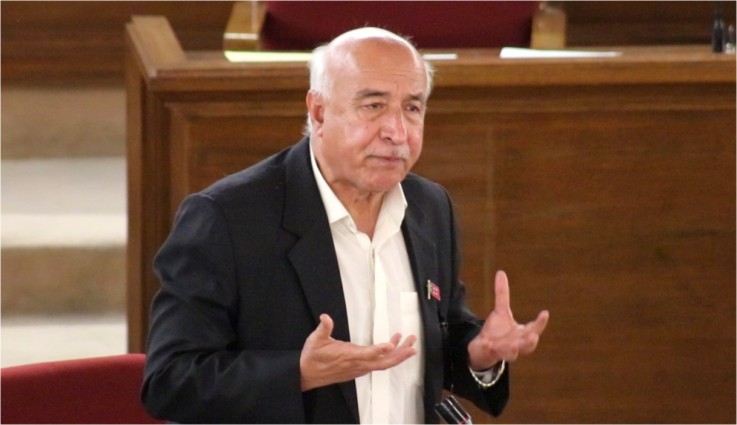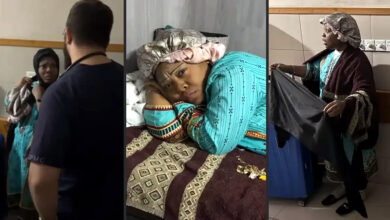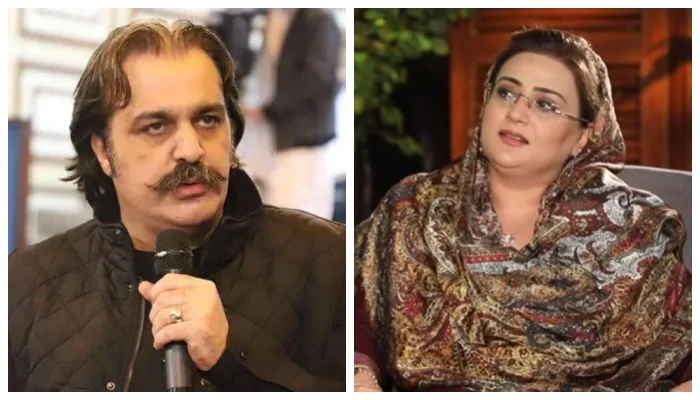Dr. Abdul Malik Baloch Criticizes Government’s Handling of Security Issues in Balochistan

Quetta:Former Chief Minister of Balochistan and Member of the Provincial Assembly, Dr. Abdul Malik Baloch, raised serious concerns about the government’s handling of law and order in the province during a session of the Balochistan Assembly. Speaking to the house, Dr. Baloch emphasized that the issues facing Balochistan are significant and should not be ignored, warning that if the government does not address these concerns, it could lead to political repercussions.
He recalled the security challenges of 2013, stating that at the time, kidnapping for ransom was one of the most profitable illegal businesses in the province. “We couldn’t travel from Saryab Phatak, and the roads from Quetta to Karachi and Quetta to Jacobabad were all unsafe. No major highway was secure,” he said, highlighting the severity of the security situation.
Dr. Baloch stressed that transforming a conflict zone into a peaceful area is a challenging task, particularly in Balochistan, where numerous non-state actors complicate efforts to restore peace. He called on the government to take a serious approach and address these issues. “If the government takes serious steps, we can make progress, but we are in a conflict zone, and controlling non-state actors is difficult,” he explained.
He also mentioned the reforms made during his tenure, such as merit-based appointments in the police force. “I know the IG; he has served as DIG in Makran. If we don’t have the power to act, then it becomes impossible to control the situation,” he added, referring to the challenges in managing law enforcement and security.
Dr. Baloch further criticized the current administration for appointing deputy commissioners from outside the province, a decision he believes has worsened the security situation. “Unfortunately, corruption is widespread in Balochistan, and things cannot improve unless we place honest and dedicated officers in charge,” he stated.
To prevent crimes like kidnapping for ransom, Dr. Baloch called for the reorganization of the police and administration, as well as improved coordination with intelligence agencies. He emphasized the need for a comprehensive strategy to address the issue, urging senior officials to come together and create a reform-driven approach.
He also mentioned the tragic incident in Khadkocha, where 20 people were killed, and expressed his support for the victims’ families. “I went to Khadkocha even though people advised me not to, because these are our people, and it is the government’s responsibility to reassure the public,” he said.
Dr. Baloch also expressed his concern about the closure of Quetta, which has disrupted daily life, particularly affecting children’s access to schools. He condemned the recent killing of Akbar from the National Party and demanded the immediate arrest of those responsible for his death. “The government must ensure that the killers are apprehended,” he concluded.






